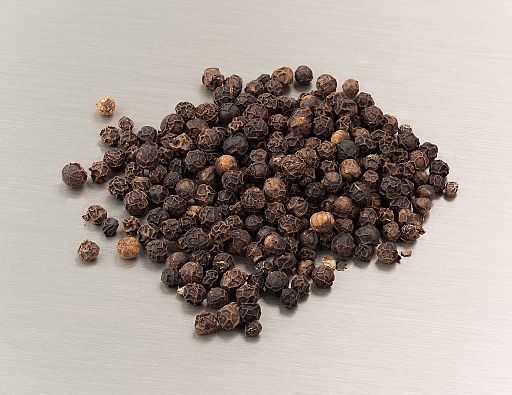
The liver is a dark and mysterious organ. It’s also powerful and knowing. Other organs, like the heart and lungs, are showier. The heart, so red and vigorous, often takes centre stage. The lungs, with their delicate tissue, is like the gossamer princess of the body. By contrast, the liver is just a big, purplish, seemingly inert blob. It’s the mousy introvert in the room, mostly ignored and overlooked, yet quietly magisterial in its proficiency and its value.
The liver is the largest organ in your abdomen, and resembles a beached sea lion, yet it “breathes” in its own fashion, swelling and shrinking by up to 40% every 24 hours. During this rhythmic period of swelling, It is thought that new proteins are being synthesized so that any cells damaged during its never-ending filtration duties are fully restored. When the liver shrinks, old or damaged proteins are destroyed to help prevent incapacity or cancerous growths from forming.
Its daily to-do list numbers in the hundreds, each task providing us with vital protection from any toxic foods we may eat, or from potentially hazardous chemicals in our environment. Constantly filled with blood, your liver always holds at least 13% of your body’s total supply at any given time, which is why a puncture wound to the liver can be fatal.
Liver cells are “stippled with holes”, so that blood can dribble directly onto them, and are also covered with microvilli, like the wall of your small intestine. These microvilli substantially enlarge the surface of each of your liver cells so that blood is filtered as quickly and efficiently as possible.
Unlike other cells in our body which have only two sets of chromosomes, liver cells can have up to 8 sets, and it is likely this wealth of chromosomes that accounts for its famously regenerative abilities. If only 25% of liver mass remains, due to surgical removal or chemical injury, it can still regenerate back to its full size, given adequate time.
Most intriguing, new data suggests that the liver may secrete hormones that influence our choice of food. After drinking a sugary drink, the liver makes an attempt to divert further sugar binges by secreting a hormone called fibroblast growth factor 21, or FGF21. People with a mutant, weaker version of this hormone may have a life-long struggle with sweets.
Scientists suspect the liver may secrete similar hormones to influence cravings for protein or fat. By using these methods to influence our choice of foods, the liver may act much like a second brain. With its more intimate and familiar contact with our blood and the molecules it contains, its food preferences would likely be wiser than the ones our brain habitually makes.
All the more reason to be kind to your liver, and lavish it with some attention from time to time. Yearly liver and gallbladder cleansing can help to keep this vital organ in tip top shape and prevent health problems down the road. If you are interested in more information on how to have a successful flush, please contact us by phone at 416-248-2930, or by email at rebecca@sensiblehealth.com.
https://www.nytimes.com/2017/06/12/health/liver-bodily-function.html









